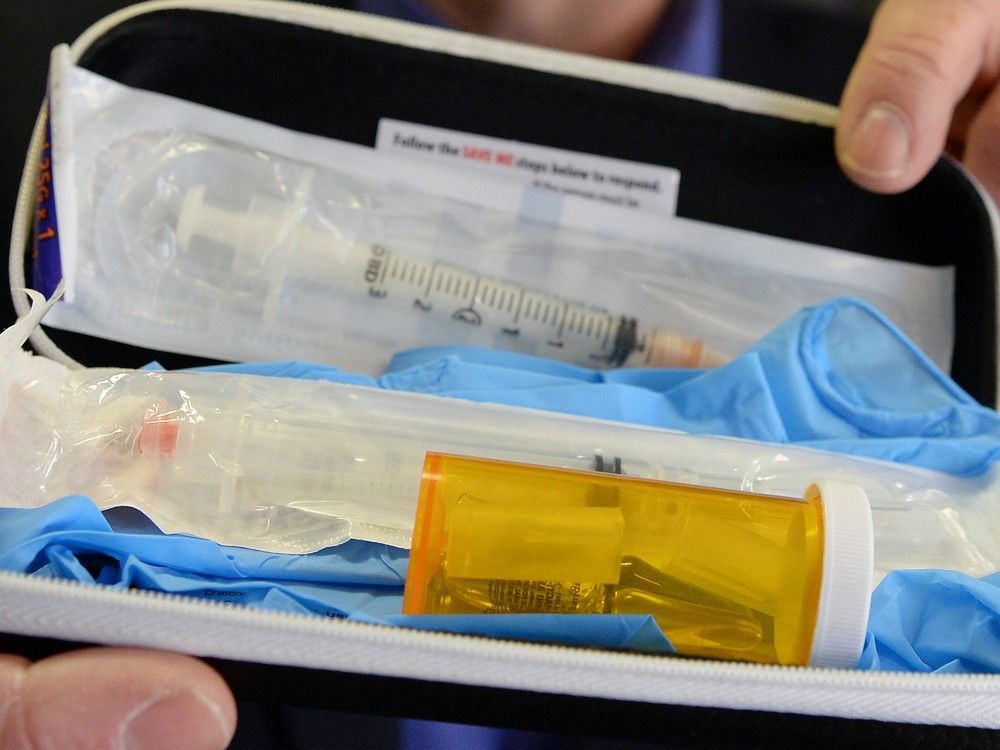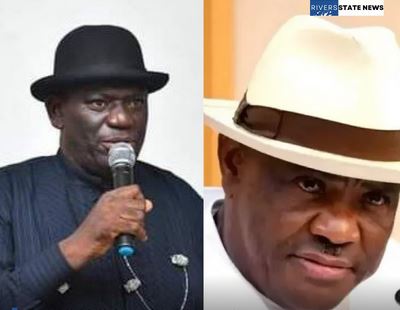
WASHINGTON — President Donald Trump says Wednesday will be “Liberation Day” — a moment when he plans to roll out a set of tariffs that he promises will free the United States from foreign goods. The details of Trump’s next round of import taxes are still sketchy. Most economic analyses say average U.
S. families would have to absorb the cost of his tariffs in the form of higher prices and lower incomes. But an undeterred Trump is inviting CEOs to the White House to say they are investing hundreds of billions of dollars in new projects to avoid the import taxes.

It is also possible that the tariffs are short-lived if Trump feels he can cut a deal after imposing them. “I’m certainly open to it, if we can do something,” Trump told reporters. He wants to announce import taxes, including “reciprocal” tariffs that would match the rates charged by other countries and account for other subsidies.
Trump has talked about taxing the European Union, South Korea, Brazil and India, among other countries. As he announced 25 percent auto tariffs last week, he alleged that America has been ripped off because it imports more goods than it exports. “This is the beginning of Liberation Day in America,” Trump said.
“We’re going to charge countries for doing business in our country and taking our jobs, taking our wealth, taking a lot of things that they’ve been taking over the years.” In an interview Saturday with NBC News, Trump said it did not bother him if tariffs caused vehicle prices to rise because autos with more U.S.
content could be more competitively priced. “I hope they raise their prices, because if they do, people are gonna buy American-made cars,” he said. Trump plans to tax imported pharmaceutical drugs, copper and lumber.
He has put forth a 25 percent tariff on any country that imports oil from Venezuela, even though the United States also does so. Imports from China are being charged an additional 20 percent tax because of its role in fentanyl production. Trump has imposed separate tariffs on goods from Canada and Mexico for the stated reason of stopping drug smuggling and illegal immigration.
He also expanded his 2018 steel and aluminum tariffs to 25 percent on all imports. Most economists say the tariffs would get passed along to consumers in the form of higher prices for autos, groceries, housing and other goods. Corporate profits could be lower and growth more sluggish.
Trump maintains that more companies would open factories to avoid the taxes, though that process could take three years or more..















